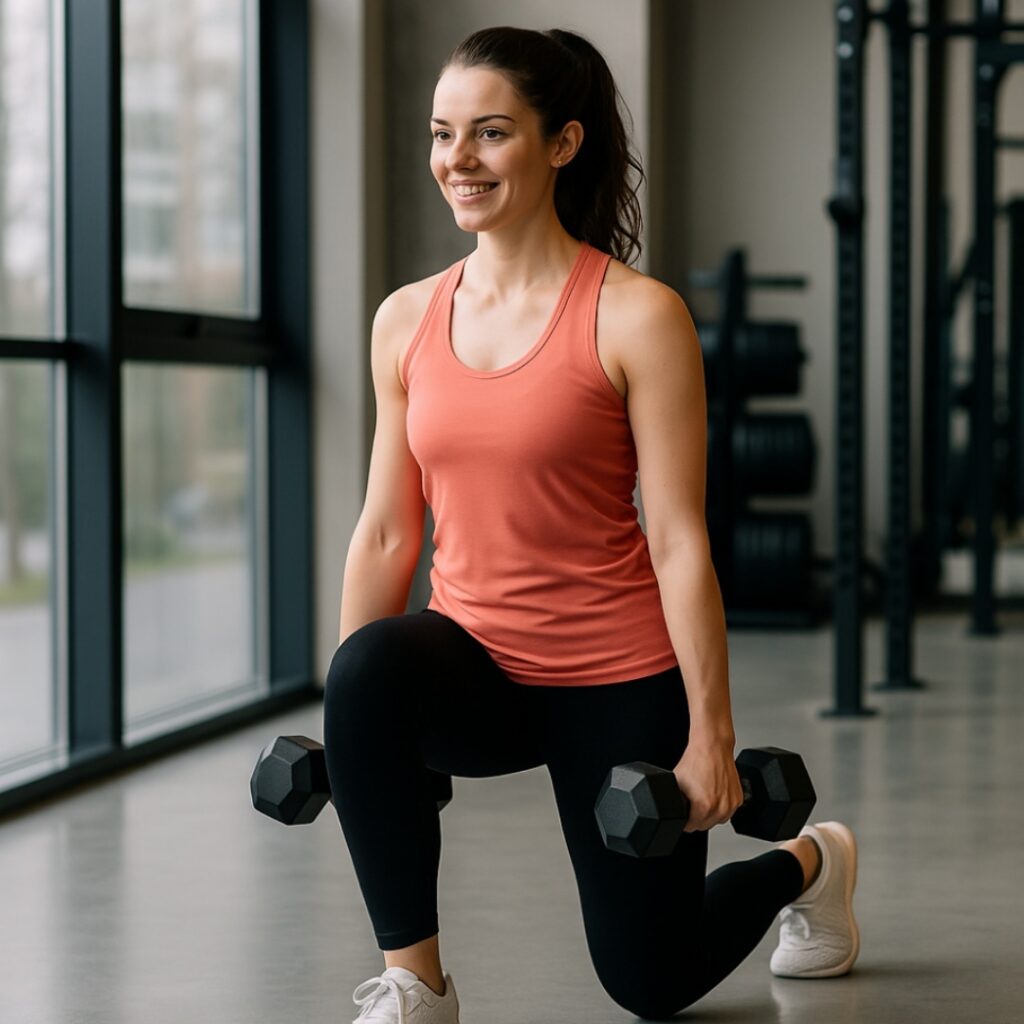Women’s fitness is not just about appearance—it’s about building strength, stamina, and overall well-being. In today’s fast-paced world, women often juggle multiple roles, from professional responsibilities to family care. This makes physical fitness more important than ever. A consistent fitness routine can help improve energy levels, mental health, posture, and long-term health outcomes.
Why Women’s Fitness Matters
Physical fitness offers women several key benefits:
Stronger muscles and bones: Essential to reduce the risk of osteoporosis.
Better metabolism: Helps maintain a healthy weight and energy balance.
Improved heart health: Cardiovascular exercises reduce risks of hypertension and heart disease.
Stress management: Exercise releases endorphins, boosting mood and reducing anxiety.
Confidence and posture: Fitness improves body alignment and self-image.
Key Areas of Fitness Improvement for Women
1. Strength Training
Strength training is no longer just for men. Women benefit equally from lifting weights, resistance training, and bodyweight exercises like push-ups and squats. These improve muscle tone, joint support, and fat burning.
2. Cardiovascular Health
Activities like running, cycling, swimming, or brisk walking enhance stamina and keep the heart strong. Just 30 minutes of cardio, 5 days a week, can make a big difference.
3. Flexibility and Mobility
Yoga, Pilates, and stretching routines help prevent injuries, reduce stiffness, and promote a balanced body. This is especially important for women managing sedentary jobs.
4. Core Strength
A strong core supports better posture, reduces back pain, and improves daily functional movements. Exercises like planks, bridges, and stability ball workouts are highly effective.
5. Nutrition and Hydration
Fitness is incomplete without proper nutrition. A balanced diet rich in protein, whole grains, fruits, vegetables, and healthy fats is vital. Hydration also supports energy and recovery.
Overcoming Barriers to Fitness
Many women face challenges such as lack of time, social pressures, or misconceptions about exercise. To overcome these:
Start small with 10–15 minute workouts.
Choose enjoyable activities to stay motivated.
Seek support from fitness communities or trainers.
Remember that consistency is more important than perfection.
Long-Term Vision
Fitness should not be seen as a temporary goal but as a lifestyle choice. For women, improving physical fitness means investing in future health, independence, and confidence. Whether it’s playing with children, advancing in careers, or simply feeling stronger every day, fitness paves the way.
—
Disclaimer: This article is for educational purposes only and not a substitute for professional medical advice

